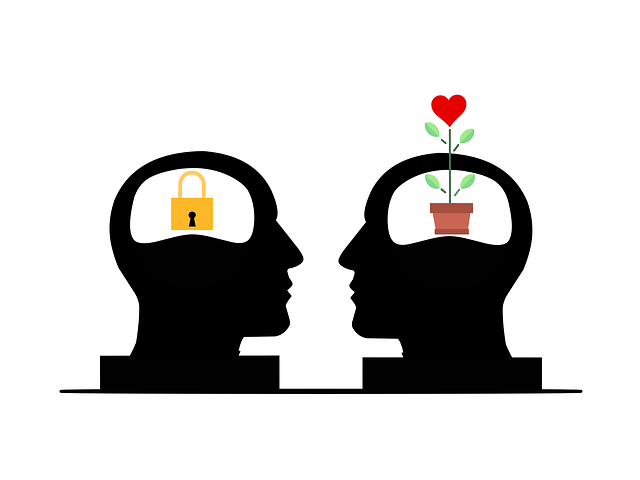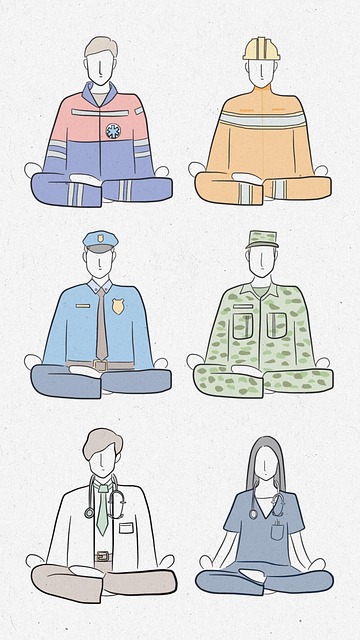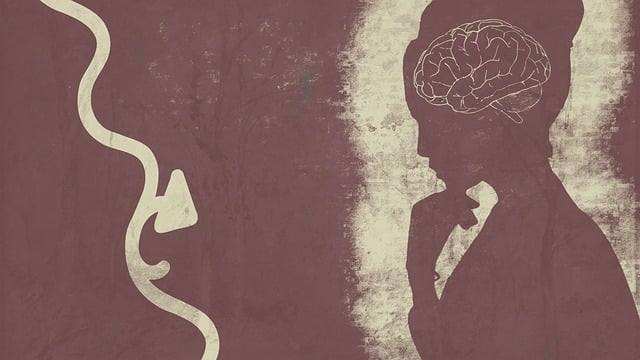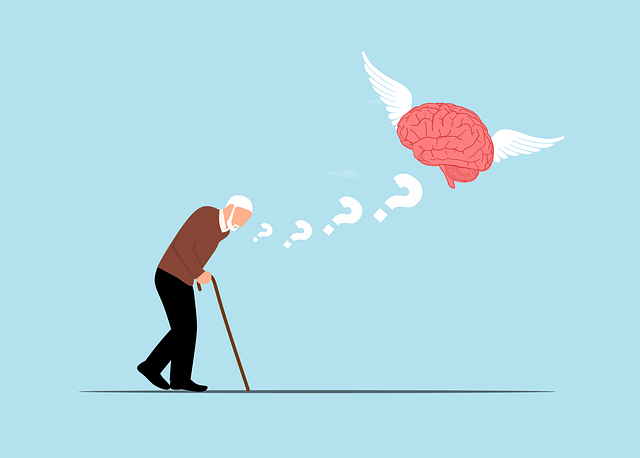Littleton Biofeedback Therapy offers a unique RFM model for mental well-being, combining Mind Over Matter principles with stress reduction techniques. This non-invasive approach helps individuals build resilience by identifying resources, cultivating fortitude, and igniting motivation. It's an effective tool for healthcare providers to prevent burnout, enhance resilience, and improve mental health policy analysis. By teaching self-regulation of physiological responses, the therapy fosters understanding of stress management and promotes overall mental health. Incorporating RFM techniques into daily routines offers a powerful alternative to therapy, helping individuals overcome challenges with improved emotional awareness and confidence.
In today’s fast-paced world, building resilience is paramount for mental health. This article explores the powerful tool of RFM (Rest, Focus, Move) and its impact on cultivating resilience. We delve into the role of Littleton Biofeedback Therapy as a game-changer in enhancing well-being through RFM techniques. Learn effective exercises to navigate life’s challenges and discover practical ways to integrate RFM into daily routines for improved mental health.
- Understanding RFM and its Impact on Resilience
- The Role of Littleton Biofeedback Therapy in Building Resilience
- Exercises to Enhance Resilience Through RFM Techniques
- Practical Integration: Applying RFM in Daily Life for Better Mental Health
Understanding RFM and its Impact on Resilience

Resilience, the ability to adapt and bounce back from adversity, is a cornerstone of mental well-being. Littleton Biofeedback Therapy leverages a powerful tool called RFM (Resource, Fortitude, and Motivation) to fortify this resilience. RFM involves identifying personal resources, cultivating internal strength, and fueling motivation to navigate life’s challenges more effectively. By integrating Mind Over Matter Principles, participants learn stress reduction methods that can be applied in daily life, ultimately enhancing their mental health policy analysis and advocacy efforts both personally and professionally.
The Role of Littleton Biofeedback Therapy in Building Resilience

Littleton Biofeedback Therapy plays a pivotal role in fostering resilience among individuals, particularly in the context of Burnout Prevention Strategies for Healthcare Providers. By focusing on physiological feedback and learning to control various bodily functions, healthcare professionals can enhance their ability to manage stress and maintain emotional balance. This non-invasive approach allows practitioners to develop effective Self-Care Routine Development for Better Mental Health strategies, integrating them into their daily lives to prevent burnout.
In the broader spectrum of mental health support, Littleton Biofeedback Therapy contributes to the design of Mental Health Education Programs. These programs can empower individuals to understand and regulate their physiological responses to stressful situations, thereby improving overall mental well-being. Through continuous practice, healthcare providers and other beneficiaries alike can build resilience, ensuring they remain equipped to face challenges head-on and maintain a positive mindset even in demanding environments.
Exercises to Enhance Resilience Through RFM Techniques

Resilience is a crucial asset in navigating life’s challenges and stressors. Through the integration of RFM (Resource, Focus, and Motivation) techniques, individuals can significantly enhance their coping abilities. Littleton Biofeedback Therapy offers innovative exercises tailored to this framework, aimed at empowering clients to manage stress more effectively.
By focusing on resource identification and utilization, these exercises help individuals recognize and access inner strengths. Mood Management is improved through structured practices that teach individuals to redirect their attention and maintain a positive mindset. Additionally, the risk assessment aspect, as highlighted in the context of mental health professional training, guides participants to anticipate potential triggers and develop proactive strategies for managing them. Confidence Boosting techniques are also integral, fostering a sense of self-assurance in one’s ability to overcome obstacles, thus strengthening overall resilience.
Practical Integration: Applying RFM in Daily Life for Better Mental Health

Incorporating RFM (Resilience, Flexibility, and Mindfulness) techniques into daily routines offers a powerful approach to enhancing mental health, akin to what Littleton Biofeedback Therapy provides on a professional level. These exercises are designed to cultivate resilience, enabling individuals to navigate life’s challenges with greater ease. By focusing on the present moment and developing emotional awareness, one can reduce stress and anxiety, fostering a sense of calm that translates into improved overall well-being.
The practical application of RFM involves simple yet effective practices such as mindfulness meditation, breathing exercises, and compassion cultivation. These tools are accessible to everyone and can be seamlessly integrated into daily schedules. Regular engagement in such activities promotes mental wellness, similar to how an ongoing Mental Wellness Podcast Series Production can educate and inspire listeners. Through dedicated practice, individuals can strengthen their emotional healing processes, making them better equipped to handle life’s ups and downs.
In conclusion, integrating RFM and resilience-building exercises through methods like Littleton Biofeedback Therapy can significantly enhance mental health. By understanding the impact of RFM on resilience and applying these techniques in daily life, individuals can navigate challenges more effectively. This holistic approach empowers folks to foster adaptability, maintain equanimity under stress, and ultimately, lead more fulfilling lives.














